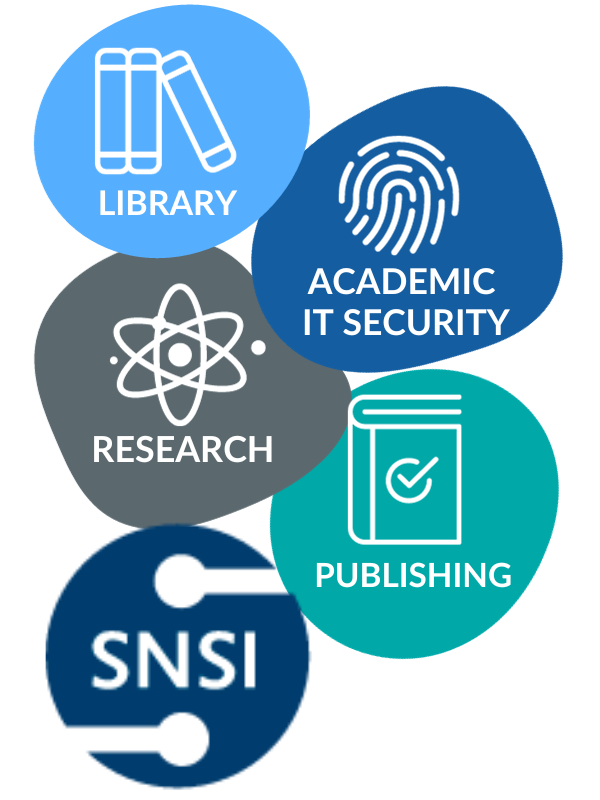Scholarly Networks Security Initiative (SNSI): working together to combat the threat of cybercrime


About SNSI
SNSI brings together publishers and institutions to solve cyber-challenges threatening the integrity of the scientific record, scholarly systems and the safety of institutional and personal data. Members include large and small publishers, learned societies and university presses and others involved in scholarly communications.
Cybersecurity incident at the University of Pennsylvania: On October 31, Penn discovered that a select group of information systems related to Penn’s development and alumni activities had been compromised.
November 05, 2025Major data breach at Australian university exposes private financial and health details of students. Western Sydney University has suffered a huge data breach, with a range of sensitive student information being stolen in the attack.
October 23, 2025NYU is facing 10 class action lawsuits alleging that it mishandled applicants’ personal information and failed to meet national cybersecurity standards after a hacker leaked files with more than 3 million names, hometowns and GPAs on the university’s website last week.
April 10, 2025The University of the West of Scotland (UWS) is grappling with a significant financial deficit following a cyber-attack by the Russian hacking group Rhysida, which resulted in the theft of over one million personal documents.
April 10, 2025Contact Us
If you would like to speak to an SNSI representative to find out more about our activities, or get involved, contact us below and we will be in touch shortly.
Join Juan Denzer, Isaac Galvan and Sari Frances at Charleston on Thursday, November 6 to discover ‘What’s keeping librarians and CISOs up at night?’
October 23, 2025‘No satnav? No problem! How to build your own and navigate the complexities of digital access’ - Visit the SNSI poster at Charleston Wednesday, November 5 and speak with Susie Winter and John Felts
October 23, 2025Join Rick Anderson and colleagues for an SNSI presentation at IATUL 2025!
October 28, 2025Guardians of Information: Preparing Libraries for Cyber Threats – an SNSI Security Summit. Recording now available!
September 30, 2025Working together


|
Cybersecurity isn't just an issue for publishers. It isn't just a challenge for librarians. It is not just an obstacle for institutions or nuisance for researchers. This is an issue for all of us, and a problem we firmly believe can be best addressed sustainably and effectively together. SNSI has been formed to help address this. Several librarians, representatives from leading organizations and other key stakeholders have kindly agreed to provide SNSI with independent advice and feedback on our program, which will be turned into tangible actions the group takes. |
Publishers and librarians have a good record of collaboration to solve real pain points experienced by researchers and students, examples of recent cooperation include:
|
Did you know?

The UK’s National Cyber Security Centre lists the education sector as the 3rd largest target for cybercrime, ahead of retail.

Fake websites and login pages linked to 76 university library systems around the world.

Universities and institutions across 41 countries have had their networks and data compromised by illegal website SciHub.

The ransom a leading medical-research institution working on a cure for Covid-19 had to pay when its servers were hacked.